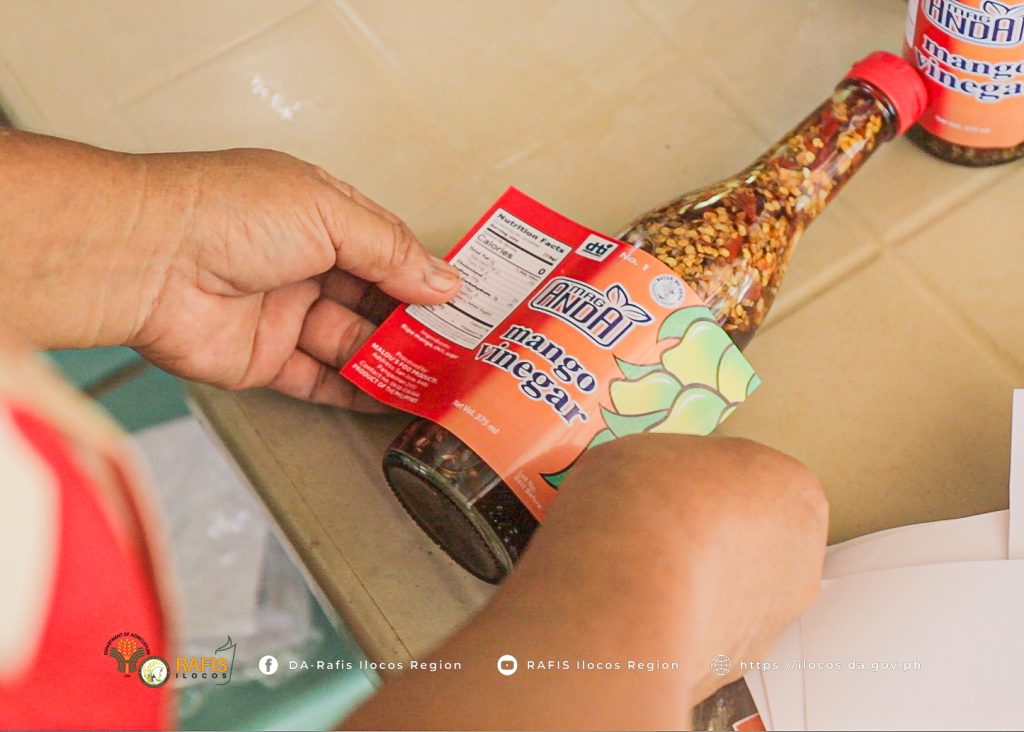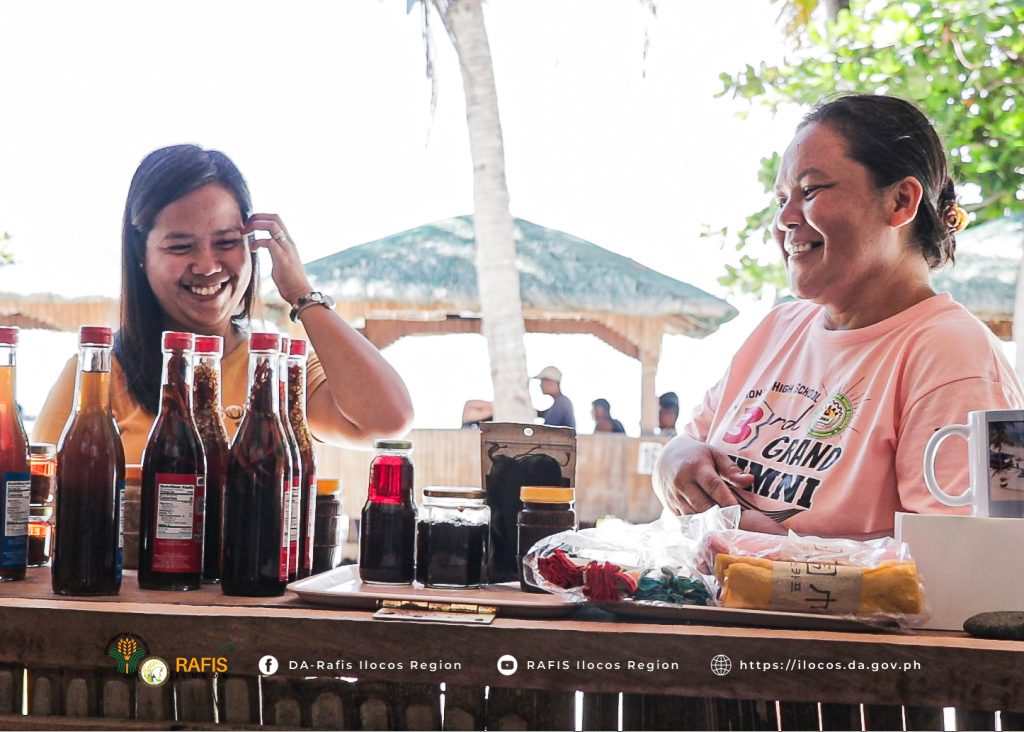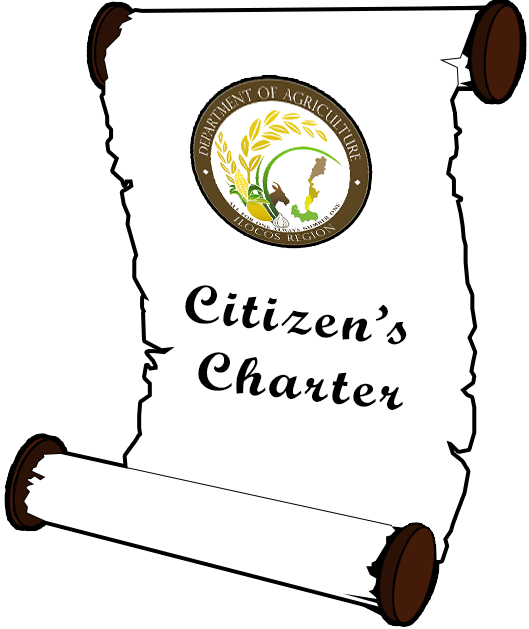
In the sun-kissed yet hidden gem town of Anda in Pangasinan, farmers have long struggled to make ends meet. Every day brings new challenges, as the farms barely survive the harsh transitions between the rainy and dry seasons. However, amidst all the hardships, a ray of hope has emerged in the form of the Adaptation and Mitigation Initiative in Agriculture (AMIA) program of the Department of Agriculture.
The story begins in October 2019 when the Anda Mushroom Growers and Organic Farmers’ Association (AMGOFA) was formed with the endorsement of the Municipal Agriculture Office of LGU-Anda. Starting with only 21 members, the association has flourished and now boasts 71 members, duly recognized by both the Securities and Exchange Commission and the Department of Labor and Employment.
Before the arrival of AMIA, the farmers were unable to cultivate crops year-round, especially during the dry summer months. Their farming life was hard as their water source relied solely on rain, leaving them at the mercy of unpredictable weather patterns. However, with the introduction of climate-resilient farming practices and the provision of greenhouses, the AMGOFA members have been able to cultivate continuously, regardless of the weather. They have moved away from solely relying on rice and corn production and have embraced the cultivation of various vegetables, adopting climate-resilient practices.
AMIA has brought with it a suite of game-changing interventions including the provision of resources such as free-range chickens, molasses, plastic drums, dehydrators, vacuum sealers, forage choppers, mushroom start-up kits, greenhouses with hydroponics, and an array of garden tools – just to name a few. These resources have not only eased the farmers’ workload but have also advanced their productivity. As Marilou Celi, the association’s president attested, “Compared to before, life has become easier with AMIA. Our income has increased, and we are now more financially comfortable.”
With their newfound resources and skills, the farmers have diversified their income streams. They now earn from vegetable production and mango by-products. Previously, mangoes in their locality would go to waste, but now, Marilou buys them from fellow farmers and processes them patiently and diligently into mango vinegar and wine. From a small production, she now processes thousands of kilograms of mangoes, providing an added source of income for the members of their association who wants to earn extra.
The AMIA program’s support extends beyond just equipment and machinery. The association members have also received extensive training on value-added processing, equipping them with the skills to create their own products. As one member shared, “We have learned to make various products, which has greatly improved our livelihood.”
The AMGOFA now produces a diverse range of processed goods, including mango vinegar and wine, roselle jam, juice, tea, rice coffee, and even vermicompost. These products are marketed through various channels such as the local pasalubong center, the DTI Negosyo Center in their town, a beachfront shop at the pristine beach of Tondol, and the Agribusiness and Marketing Assistance Division (AMAD).
Looking ahead, the association aspires to take their success to the next level by transitioning into a cooperative. This move aims to strengthen their organization and provide even more support to their members. They also plan to continue and expand their mushroom production, as well as grow roselle plants for their processed roselle by-products. Their ultimate goal is to continue expanding their product range and market reach, guaranteeing sustainable growth and success for their community. They hope to grow stronger as a cooperative and provide even greater support to their community.
With their sights set on the future, AMGOFA members eagerly anticipate more support and interventions to help them thrive and achieve more of their dreams.

